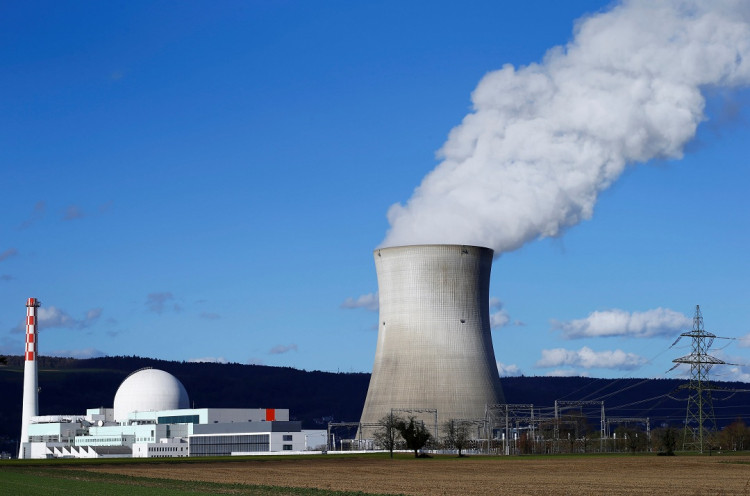Japan Business Federation head Hiroki Nakanishi released a policy statement at a news conference on April 8 that declares that Japan needs to restore is old nuclear plants and build new ones to reduce the CO2 emissions in the country and guarantee a stable power supply.
The policy said that some 80 percent of Japan's energy supply had been made up of carbon dioxide-emitting thermal generation since the Fukushima nuclear disaster in March 2011 which caused the suspension of the use of atomic energy across the country.
The statement noted that from the perspective of vastly reducing CO2 emissions as part of global warming countermeasures, Japan must promote the restart or replacement of existing nuclear power stations as well as build new ones, as long as safety can be guaranteed and public understanding obtained. The statement emphasized that Japan's energy system is facing a crisis.
The business federation is also known as Keidanren. The Federation failed to issue an energy policy statement since 2017. The content of the document was supervised by Nakanishi who became the chairman of the federation in June last year after his leadership in Hitachi Ltd., a maker of nuclear technology.
According to the Keidanren, Japan needs to restart its reactors that have passed the safety checks and extend its maximum operational lives to surpass the current 60 years. The federation also said that the Japanese government needs to consider developing new reactor types.
In Japan, the power companies are forced to purchase green energy at set prices because of the feed-in tariff systems. The extra costs from the tariffs are passed on to consumers. Nakashima called out for the abolishment of the tariffs for being a burden to the Japanese people. He said that the Japanese government needs to rethink the system and make it easier to invest in renewable power generation projects.
Nakanishi stated in his statement that if the public is willing to accept it, the most realistic policy to fight climate change is to increase nuclear power's share of our energy mix.
According to the International Energy Agency, a Paris-based global energy watchdog, global carbon dioxide emissions increased to its highest levels in 2018 due to the increase in energy demand as economies strengthens and because of extreme weather.
Fatih Birol, the head of the IEA, said that they have seen an extraordinary increase in global energy demand in 2018, growing at its fastest pace this decade. He added that looking at the global economy in 2019, it will be rather a surprise to see the same level of growth as 2018.





